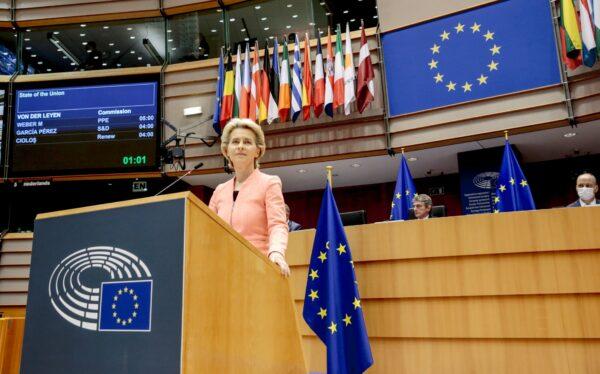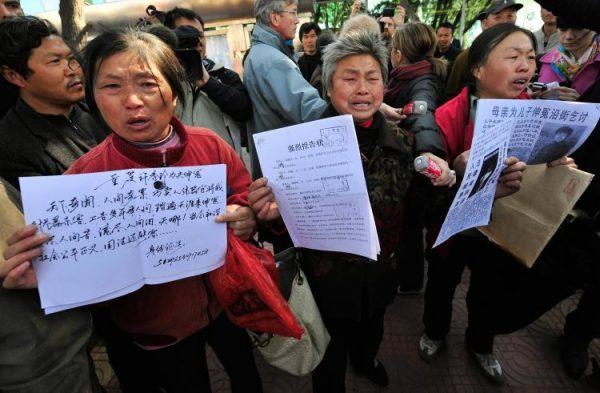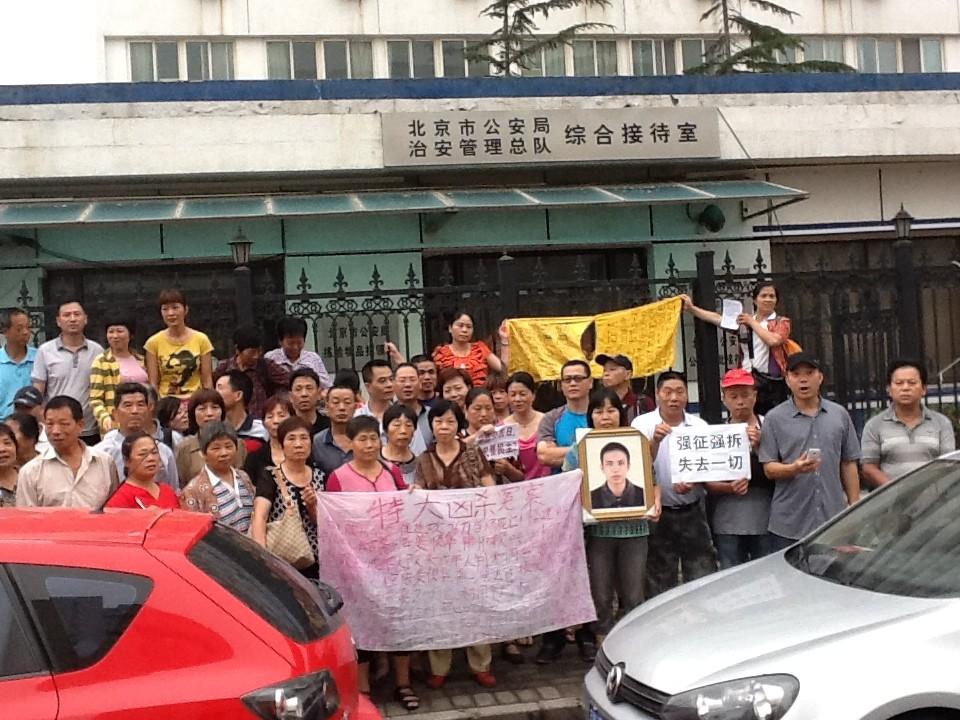A former Canadian MP and Polish immigrant who was part of the grassroots solidarity movement that helped defeat Soviet rule in Poland says Chinese citizens will likewise be the key actors to overturn China’s one-party dictatorship.
“The Communist government has been in power in China for over 70 years, but this will not last forever,” said Wladyslaw Lizon, a former Conservative MP who represented the riding of Mississauga East-Cooksville from 2011 to 2015.
“The people of China, I truly believe that they will get together, they will be strong, they will oppose it, and they will bring that government down for the good of all the people—and for the good of the world.”
Lizon, who was Canada’s first Polish-born member of Parliament, joined Poland’s anti-communist Solidarity movement when it formed in 1980, putting his life on the line to protest Soviet rule. He immigrated to Canada in 1988—one year before the Berlin Wall fell, signalling the collapse of the Soviet Union.

“I was still in Poland when the government wanted to crush the movement—they imposed martial law, they brought in the army, riot police,” he recalled.
“I was on strike with my workers, facing the tanks, facing riot police. And some people suffered, but thank God without major bloodshed, without many casualties, mainly peacefully.”
Lizon, who co-founded the Victims of Communism Memorial project being built in Ottawa, said it was crucial for Polish dissenters to have the support of the international community to feed their morale when tensions with Soviet forces escalated into martial law.
“We were glued to radios to listen to what’s happening around the world—what the world is saying ... are we left alone, or are people in support?” he said.
“It was so encouraging when we were finding out that there were protests in New York, in Toronto, in many places in Europe, in support of our actions. This is what gave people power.”
Lizon said this type of international support is “what’s going to be needed and is needed now” in China, to boost Chinese people’s courage in challenging the Chinese Communist Party (CCP).
“It’s very important that those that decide to go to the struggle and fight for the freedom for basic human rights, for basic democratic rights in China—they have to know that we support them. They have to know they’re not alone,” he said.
“It has to come from the inside, but it will not happen without the support of the outside world.”
Meanwhile, the CCP has faced increasing backlash from the international community in recent months amid fallout from its coverup and mishandling of the pandemic, and aggressive actions in Hong Kong after imposing the new national security law.

Lizon says G7 countries now need to form a strong coalition and unified approach toward China, otherwise the regime will continue to isolate and threaten countries that criticize it.
“China is going to play one country against the other,” he said.
“We don’t have a united policy, but I truly hope that many countries are realizing now—they can see what’s happening, and they are realizing that there is no other choice,” he added.
360 Million Chinese ‘Quit’ the CCP
Though the number of protests in China has been growing steadily since the early 1990s, the authorities use various strategies to quell them: violent suppression, censorship, the imprisonment or “re-education through labour” of dissidents and activists, and the creation of a vast domestic surveillance network that monitors all citizens.The protestors were quickly swarmed by police—over 40 were arrested and detained while the others fled the scene.

This type of small-scale public dissent, often centred around complaints about the corruption of local officials, is most common. However, a larger movement has been taking place behind the scenes since 2004—the “Tuidang” or “Quit the Party” movement—which calls on Chinese citizens to peacefully renounce and distance themselves from the Chinese Communist Party.
Through the work of Tuidang volunteers in China and around the world, 360 million Chinese people have “quit” or renounced their membership in the CCP and affiliated organizations. Renunciation statements—using the person’s real name or an alias—are collected and posted to the Tuidang Centre’s Chinese-language website.
Lizon said the large number of people who have quit the CCP is a good sign for future democracy, but it is only “the first step.”
“There has to be a second step. After this, those people have to get together. They have to join forces, have to work together, have to be able and be ready to accept sacrifices for the good of not only Chinese people, but for the good of all the people in the world,” he said, adding he remembers the courage of his fellow democracy activists in Poland.
“Many people joined and they were ready to sacrifice ... ready to give up their lives. I don’t think we fully realized what it meant, but this was the general feeling. And this is what it takes. It takes sacrifices. It takes strength, but it takes people working together. When people work together, they are strong.”





